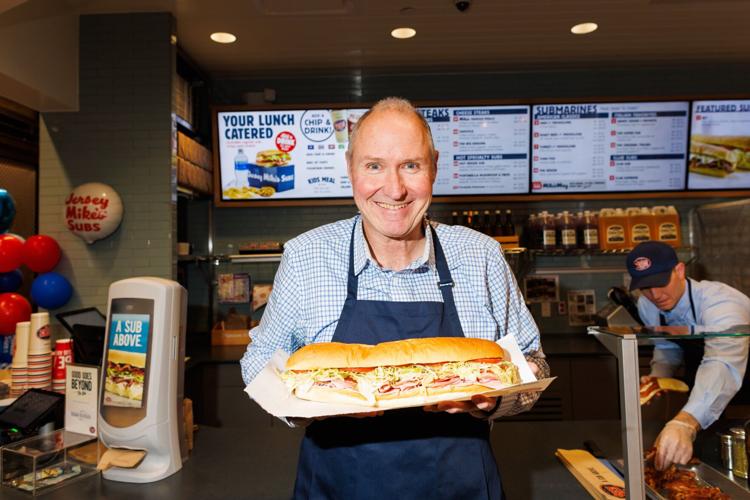When does an American brand become Canadian? Is it when it employs thousands of Canadians? When it sources primarily Canadian ingredients? When it invests millions in Canadian communities?
As tariffs reshape trade between Canada and the United States, Canadian companies operating American brands find themselves caught in an unexpected crossfire.
The media narrative suggests these relationships are strained to a breaking point. However, leading a company with feet in both boats, the reality I’ve experienced is different. From protecting our brands and employees to maintaining a positive community impact, behind nationalist rhetoric lies more common ground than one might expect.
There’s a shift happening in how Canadian-American business partnerships navigate this landscape. A quiet expression of Canadian values that doesn’t require an antagonizing attitude. It comes to life in commitments to Canadian communities, in career opportunities for Canadian workers, and in pragmatic approaches to international partnerships.
When Canada announced retaliatory tariffs on American steel and aluminum, the belief was that American businesses would retreat behind nationalist lines, leaving their Canadian operators to fend for themselves. But in reality, in recent meetings with American franchise partners, I’ve been repeatedly asked how they can help Canadian operators navigate these challenges. When equipment manufactured in the U.S. suddenly became more expensive due to tariffs, these American partners immediately began exploring alternative suppliers locally, and in Europe and Asia. “We can’t stop this tariff,” they acknowledged, “but we can help find solutions.”
This spirit of co-operation stands in contrast to the rhetoric. While political relationships may deteriorate, person-to-person business relationships remain remarkably resilient.
Our restaurants employ over 5,000 Canadians across the country, and they don’t see themselves caught in an international tug-of-war. They’re proudly serving their local communities, providing “the break in the day” for fellow Canadians dealing with stressful and uncertain times.
The $300 million we’ve invested in opening and renovating these restaurants over the past six years has stimulated the Canadian economy, supporting Canadian suppliers and builders. When these restaurants raise funds for local scholarships and community initiatives, those dollars stay in Canada. In 2024, more than $250,000 for community initiatives.
But supply chain issues aren’t the biggest threat — it’s the impact on our customers. The economic and political tensions are driving up uncertainty. They’re concerned about their jobs, the cost of living and the price of their food. Ultimately this affects their spending habits. We’ve had to be mindful of the economic pressures many Canadians are feeling.
This moment offers an important lesson for all business leaders. Smart companies will emerge from this crisis stronger than before. We have approached these tensions as an opportunity to improve communication with employees, strengthen community connections, and reimagine supply chains in ways that prove more resilient for Canada.
We’ve needed to double down on what makes us distinctly Canadian — being kind to our neighbours, staying positive, and supporting our local communities. But we can’t completely disregard our longstanding American partnerships. We should recognize the beneficial economic impact they continue to have here.
Our restaurants aren’t outposts of American corporations. They’re Canadian businesses employing Canadian workers and serving Canadian customers. The path forward isn’t about distancing ourselves from American partnerships but bringing more Canadian values to those relationships.
In this politically volatile world, our ability to collaborate while maintaining strong local connections may be our greatest competitive advantage.
































To join the conversation set a first and last name in your user profile.
Sign in or register for free to join the Conversation